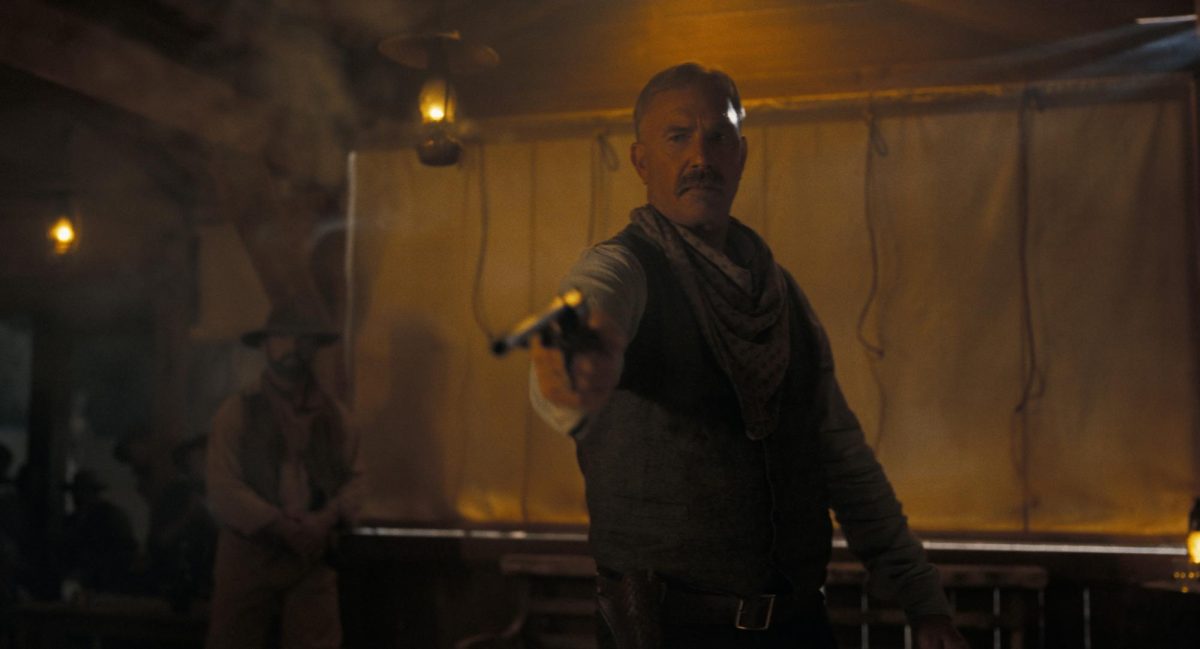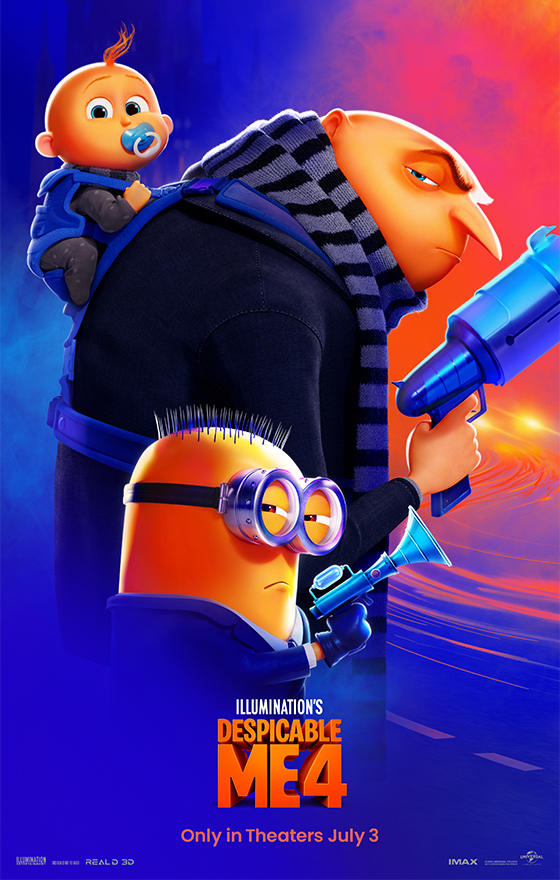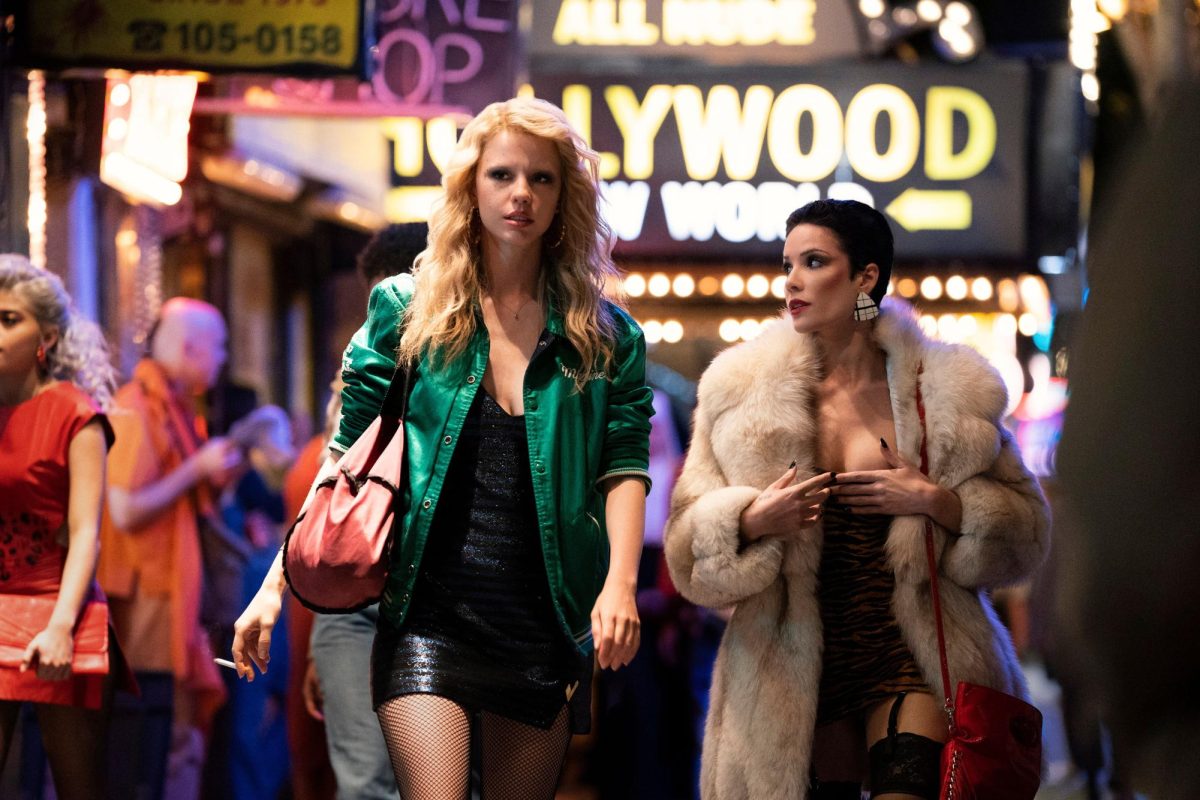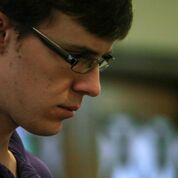How we respect individuals’ wishes, even when those wishes result in what seems to be self-abuse, is a tricky and often painful space to navigate. The conservative side of the conversion therapy debate often makes excuses. Defenders of conversion therapy equivocate on some of their prior stances and try to avoid criticism, but at its core, the practice still involves harmful consequences. Even though the psychotherapist Christopher Doyle claims that he doesn’t think homosexuality is wrong, he maintains his practice where he attempts to find — and change — the causes of same-sex orientation. “The Sunday Sessions” follows the process of one of his patients, Nathan Gniewek, as he works to alter his sexuality.
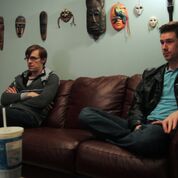
Director Richard Yeagley’s intimate documentary film remains unbiased, capturing Gniewek and Doyle and allowing them to speak for themselves. They were both receptive to this approach because Yeagley’s observational style wouldn’t spin the story in any one light. Instead, the footage remains nonintrusive and Yeagley never interacts with the figures in the story or provides his own opinion. Rarely does it seem like the subjects are even aware of the cameras. One of these exceptions happens during a lunch scene with Gniewek speaks with his friend, Cameron, who acts as a foil by accepting his own homosexuality. They joke about how Gniewek bends over when he bowls, to which Gniewek says he would need video proof of that. His friend points out the obvious, his hand held out to the camera in a moment of broken illusion.
Cameron represents disillusionment in more than one sense, both for Gniewek and the audience. After sitting in on one of his sessions with Doyle, Cameron points out that Doyle is simply trying to associate positive feelings with heteronormativity, which he views as a psychological hat trick. He also reminds his friend that his parents reassured Gniewek that they would “love him no matter what” after he came out. Gniewek is less amenable to this because he believes his family will only accept his sexuality if he desires to change it. The majority of Doyle’s clients come to him because of their religious convictions, including the Gnieweks, who practice Catholicism.
Witnessing Doyle’s methods and Gniewek’s responses can be aching at times, even infuriating. On occasion Doyle seems to be a relatively normal counselor, encouraging Gniewek to create his own goals, but clearly, he is never impartial to the results. Doyle, who claims to be an ex-gay man, incorporates aggression into his purported therapy. Along with the problematic association of aggression with male heteronormativity, Doyle blames Gniewek’s identity on unresolved issues with his parents. He asks Gniewek to recall comments that caused him to feel angry and insecure while yelling and tearing pages out of a book. Doyle shouts abuses so that Gniewek will react to the incitement, encouraging stereotypical masculine vernacular and behaviors. Doyle claims that homosexual urges come from unsatisfactory relationships with the same sex and negative experiences with the opposite sex. He repeatedly asked Gniewek if he had felt belittled by girls growing up, although Gniewek denies it every time. In court terms, I believe we would call this “leading the witness.”
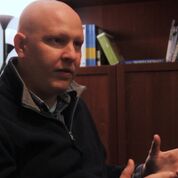
Conversion therapy for minors has been banned in fifteen states, the District of Columbia and several other counties. Most major psychological associations have denounced such therapy as it is not credible and often feeds into self-deprecating thoughts and behaviors. The American Psychiatric Association decries the practice, stating in 2013 that attempting to change sexual orientation presents risks in its lack of scientific credibility and damage to self-esteem. They said, “No credible evidence exists that any mental health intervention can reliably and safely change sexual orientation; nor, from a mental health perspective, does sexual orientation need to be changed.”
The Utah legislature recently debated HB399, a bill that would outlaw conversion therapy statewide. After a compromise bill still allowed for conversion therapy that did not “cause pain of physical distress” to minors, Gov. Gary Herbert drafted a letter that said, “I also think it’s important to protect the rights of parents in counseling with their children in these sensitive matters.” The new bill — and Gov. Herbert’s response — inspired two suicide task force members to resign and incited a youth protest at the governor’s office. While the students did receive an in-person apology from Lt. Gov. Spencer Cox, conversion therapy is still legally allowed in Utah and the bitter debate between LGBTQ activists and conservative lawmakers continues.
Yeagley, in his director’s statement, said it was difficult to remain objective and distant during Gniewek’s dark experiences. As he became increasingly depressed, Yeagley wanted to encourage Gniewek to end therapy. At the end of the documentary, Gniewek recounts an experience at one mass where out of his loneliness he prayed to be held. At that moment, he remembered the Eucharist and transubstantiation, realizing that he would have that physical touch in a divine way, even beyond what he had asked for. He described this as his turning point, but never confirmed if his orientation had been altered. Yeagley’s approach, while not condoning conversion therapy, ultimately respects Gniewek’s autonomy, as does Cameron. If it made him happy, then he would respect his decision to continue. The documentary leaves the audience with nothing more than the facts and a deep call to empathy, in whatever form that takes.








